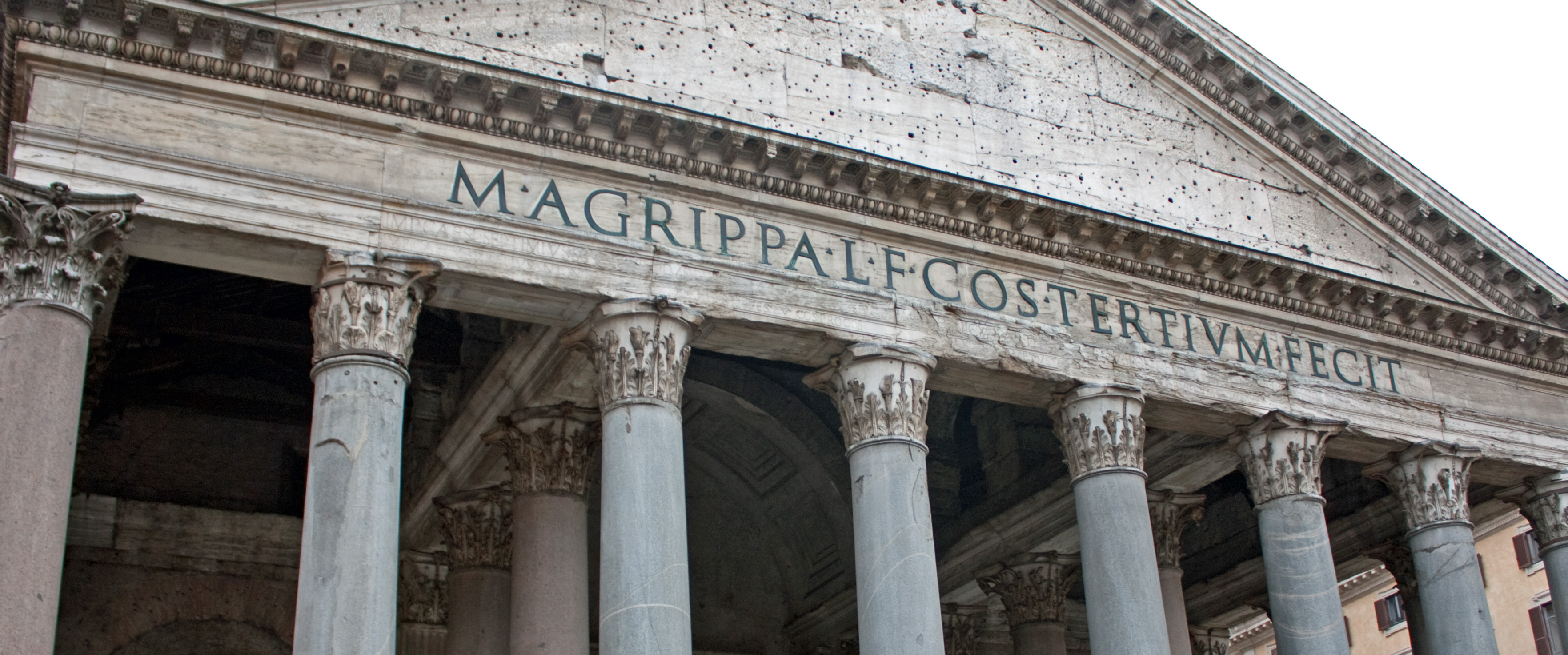
Call for Papers – 'Cosmologies Across Boundaries' 2024 Special Issue
Posted by Emily Hanscam on 2024-02-26
Call for Papers
Cosmologies Across Boundaries: Disrupting the Iron Age-Roman Distinction in the Study of Religion in the Roman Provinces
An Open-Access Special Issue of the Theoretical Roman Archaeology Journal
Edited by Alena Wigodner (Princeton University), Pat Lowinger (Peninsula College) and Alex Rome-Griffin (University of Lancaster)
While it’s inevitable that chronological boundaries play a role in our study of the past, these boundaries can be fraught in colonial contexts. Historically, our study of colonized peoples has been shaped by the way moments of contact or conquest mark the boundary between static prehistory and dynamic history. In the Roman world, it has become increasingly clear in the last few decades that, especially in the northern and western provinces, the distinction between ‘Iron Age’ pre-conquest and ‘Roman’ post-conquest is one of scholarly convenience masking a much more fluid and complex lived reality. Imagining this clear distinction has, in earlier periods of Roman scholarship, stifled our consideration of the dynamics of critical continuities across this boundary. Such problems are highlighted and addressed through excellent research that disrupts this artificial boundary by considering not only moments of rupture and replacement but also aspects of continuity or long-term trajectories of change. In areas such as urbanism, trade and technological innovation, this work has contributed to decentering Roman power through focus on other-than-Roman agency in these provincial regions.
However, tracking issues of religion and ritual across this transition presents unique challenges. Roman influence is more easily interpreted given copious written and epigraphic evidence. It is also highly visible in the form of newly introduced deities and newly built sanctuaries. This is especially challenging in spaces where we have limited emic written records from the pre-Roman period, or where Roman stone sanctuaries replaced less imposing or less permanent architecture. Indeed, even the label ‘religion’ can be limiting because it implies a boundary between sacred and secular aspects of life, encouraging focus on evidence most traditionally associated with religion archaeologically: clearly delineated sacred spaces, named or depicted deities and ritual practices with physical traces. For this reason, we instead focus our approach on cosmologies: ontological understandings of how the world works that permeate all aspects of life. Cosmologies reflect the systems by which we structure the chaos of the world and understand our place within it.
For this Special Issue, we seek papers that disrupt the boundary between Iron Age and Roman through the study of cosmologies in continuity, contact and transition during this dynamic period. Papers may take a range of material perspectives including but not limited to sacred spaces, ritual offerings, epigraphy/iconography, funerary practices and landscape approaches. We are also interested in the reflection of cosmologies in the day-to-day, and studies destabilizing the relationship between material practices and the meaning reflected in these practices: continuities of meaning even as practices changed, and vice versa.
Papers should be a minimum of 6,000 to a maximum of 10,000 words (inclusive of bibliography), with submission dates as discussed with the Special Issue editors during summer to early fall 2024. Papers may be submitted online here.
For questions about contributing to this Special Issue, please contact awigodner@princeton.edu, ELowinger@pencol.edu or a.romegriffin@lancaster.ac.uk
For questions about the Theoretical Roman Archaeology Journal, an Open Access journal published by the Open Library of Humanities, please contact the Editor at emily.hanscam@lnu.se.